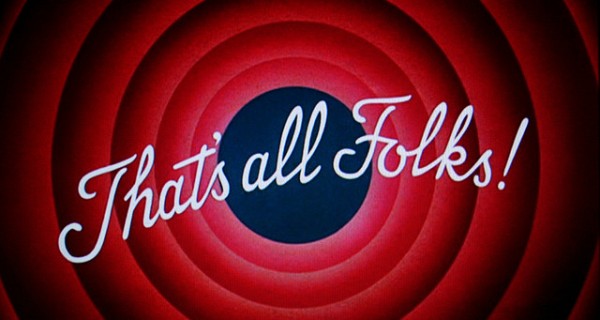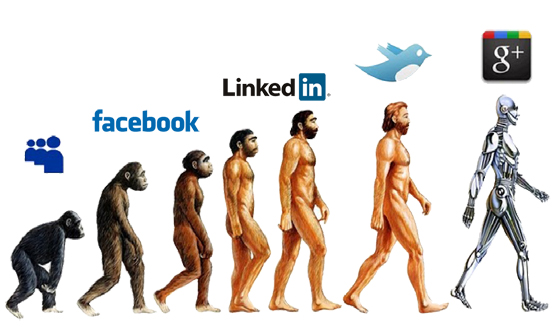In news that you’ll only read here, Second Drafts – my blog home for the past ten years – is closing its doors, with no plans to be reopened or replaced. I’ll save you the self-serving explanations and simply say that, for a variety of reasons, it’s time to move on.
That said, let me leave you with a final “best of” collection from the past ten years. After writing nearly 1,000 posts, I’m including 30 of my more popular and personal favorite ones – a wide variety I’d love you to read just one more time. (To be sure, there are easily another 30 I would include if I gave myself permission, but enough about me, what do you think about me?)
One of the reasons I include these and perhaps not others has as much to do with the interaction (back when people actually responded to blog posts and not just the social media announcing them), so be sure to read the comments. (Of course, you’re always welcome to troll the archives for more as you like, but I imagine you have a life.)
While I will no longer be blogging here anymore, I’ll continue to contribute a periodic post to The Scholars Blog and City Presbyterian blog every six weeks or so. For better or for worse, I still feel I have thoughts and words to share, but it’s time to develop those in a different way and for a different audience. At least personally, my blogging days are done. It’s been a good run.
Whether you’ve been a long-time or recent reader, thanks for the gift of your interest and attention. I’ve never taken it for granted. Enjoy reading/re-reading the posts, and if you’d be so kind, leave me a comment below to say you did. Thank you.
Most Popular
- Names That Are Verbs (this is the post people still comment on; the suggested additions in the comments are amazing)
- They Made It Work (a reflection for my parents on occasion of their 50th wedding anniversary)
- Retail Therapy (a piece I wrote trying to capture one of the most beautiful experiences I’ve still ever had)
- On Death and Dying in a Digital Age (thoughts on mourning and comfort in the wake of my mother-in-law’s passing)
- The Power of Prayerlessness (a sad but honest attempt at sharing the little I’ve learned about prayer)
- Sakulu (one of the saddest posts I’ve ever written in honor of the first Compassion child we sponsored)
- God’s Will for Your Life (sometimes we make it so complicated, but it really boils down to this)
- Walking the Line Between Loss and Hope (a reflection meant to encourage those who have ever lost a child)
- Deceitful Heart, Desperately Sick (a confessional detailing one of the first ways I learned to hide)
- Playing Dress Up (a meditation on the biggest challenge of being the parent of four daughters)
- Man School (a lament for the departure of manhood – my own and that of others in the culture)
- Rural Reflections (some of my most honest thoughts about our family farm and its future)
Culture
- On Gay Marriage / The Heart of the Matter (these two companion posts go beyond talking points; read the comments)
- The Most Schizophrenic 48 Hours of the American Existence (one of the last posts I wrote commenting on Black Friday)
- Honoring MLK is Really Honoring the Gospel (a piece tying my studies of Acts to the importance of equal racial rights)
- We Aren’t the World (my thoughts on the rise, fall, and decline of American pop music)
- The Postmodern Wave (here’s what happens when you mash up Derrida, Foucault, and Cardinal baseball)
- A Funeral I’d Rather Miss (a lament for the death of freedom at the hands of overreaching government)
- An Invitation to an Honest End of the Year (a critique of the modern season’s greetings)
- What Freedom Protects (a meditation on what real freedom is – and isn’t – and the difference this understanding can make)
- Morally Dumbfounded (a critique of classical humanism’s propagation of the idea of moral evolution)
- On Barry Bonds and Baseball (an essay in which I apply David James Duncan’s The Brothers K to baseball’s steroids era)
- The Ideology of Rationality (a reasonable critique of rationalism with some help from Gene Edward Veith and Tim Keller)
- Red, White & Boom (a metaphor to explain my feelings for and frustrations surrounding politics)
Life Hacks
- Stop Doing List (some notes from a talk I used to give on beating busy-ness and the attitudes that tend to complicate it)
- A Primer on Conferencing (after 12 years of camp/conference work, here’s a compilation of ways I learned to learn better)
- Top Ten Ways to Frighten the New Neighbors (one of the best top ten lists I put together after one of our many moves)
- Sabbath (this post details what Sabbath used to once look like in the Dunham household; it’s been a long time)
- Fuller Disclosure Equals Fuller Discourse (a brief manifesto of convictions that got me into blogging in the first place)




